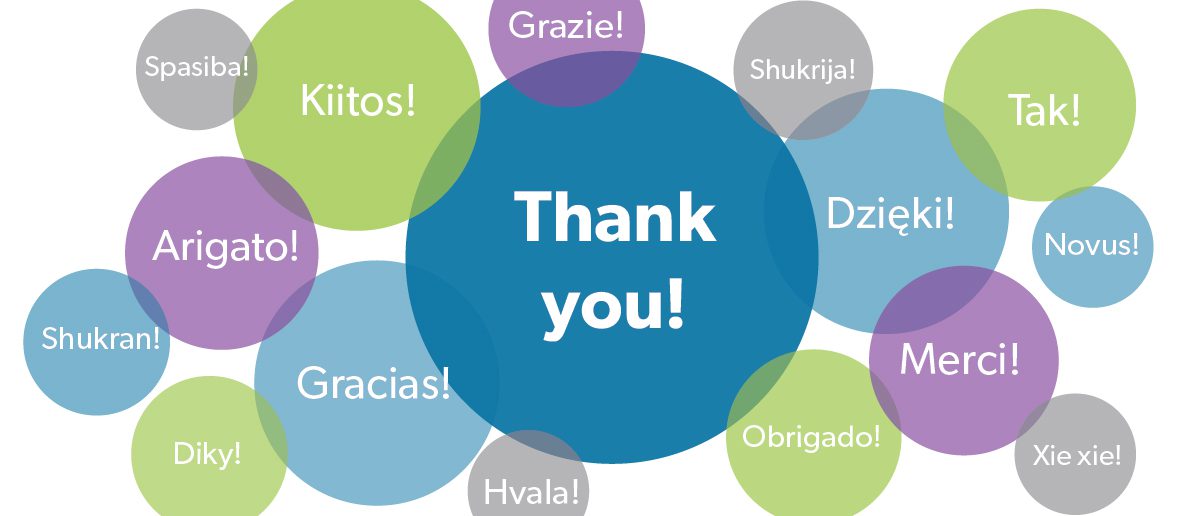By Susan Phillippe, Director
Global research is hard enough without second-guessing your translation service. And, while Google Translate and Duolingo may have us thinking we could be the Rosetta Stone, translation service for healthcare and medical topics is slightly more complicated than a chewing gum study.
Given the increasingly challenging nature of healthcare market research, here are a few thoughts on how to make your next global project go a bit more smoothly:
- Make sure the translation service knows more than just the native language. They should be knowledgeable about medical topics and have extensive experience in providing translation for a variety of healthcare subject matters. Your fieldwork partner should be able to speak to their expertise and the kinds of studies they have translated.
- Expect to pay a premium for medical translation. This is a specialized knowledge base. If they are charging you the same price as for a consumer study, it is worth asking the question as to who is doing the translation and what their pharma knowledge is.
- Vet the service. Most reputable translation service providers will be willing to demonstrate their ability with a sample/no-charge translation. Consider giving them a copy of an old study and having them translate it for you, so that you have a basis for comparison.
- There’s often no right or wrong in translation. It is more a matter of interpretation by the translator. When you or the end client are reviewing the translation, it’s important to look at the end translation in context of the overall survey.
Once the survey is translated, there are a few more factors to keep in mind:
- Communication. Is your fieldwork partner providing regular updates and timelines? An experienced global fieldwork company will know approximately how long to allow for the translation, as well as for changes.
- Direct control. Is the project manager assigned to the study empowered to make decisions and work directly with the translation service and the programmers? Pardon the pun, but you don’t want things getting lost in translation.
- Attention to detail. This is especially critical when changes are made after pretesting. The PM should be tracking the changes at the translation level and at the programming level to ensure that everything was implemented.
By now you know that your global healthcare study requires an experienced translation service, but fortunately for this blog, Google will do just fine:


